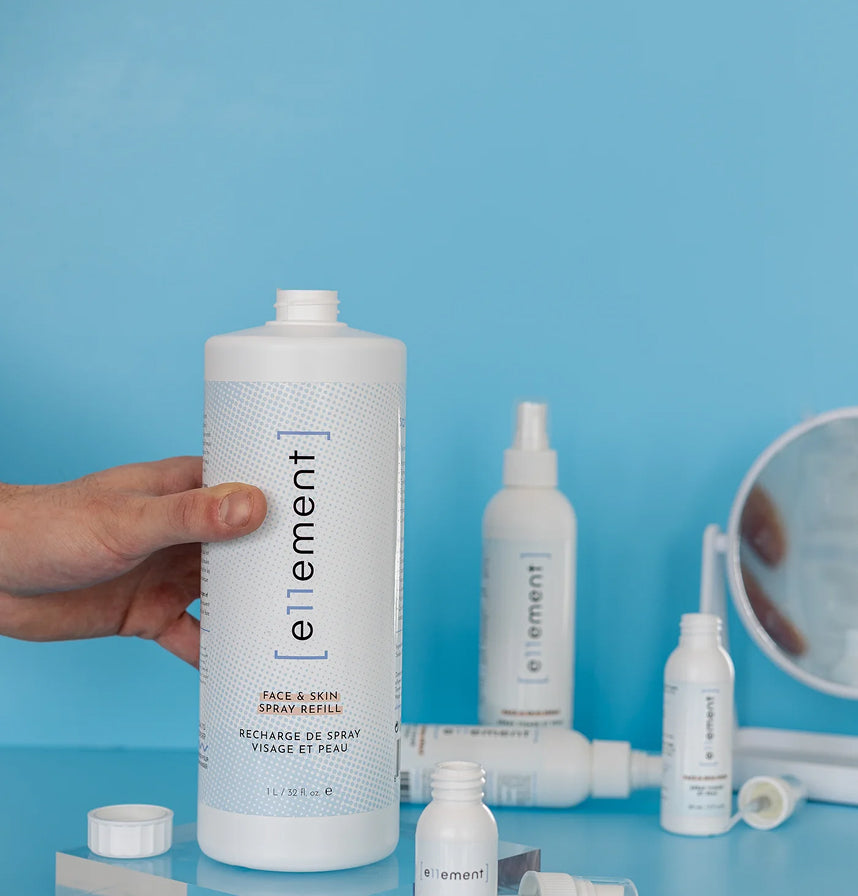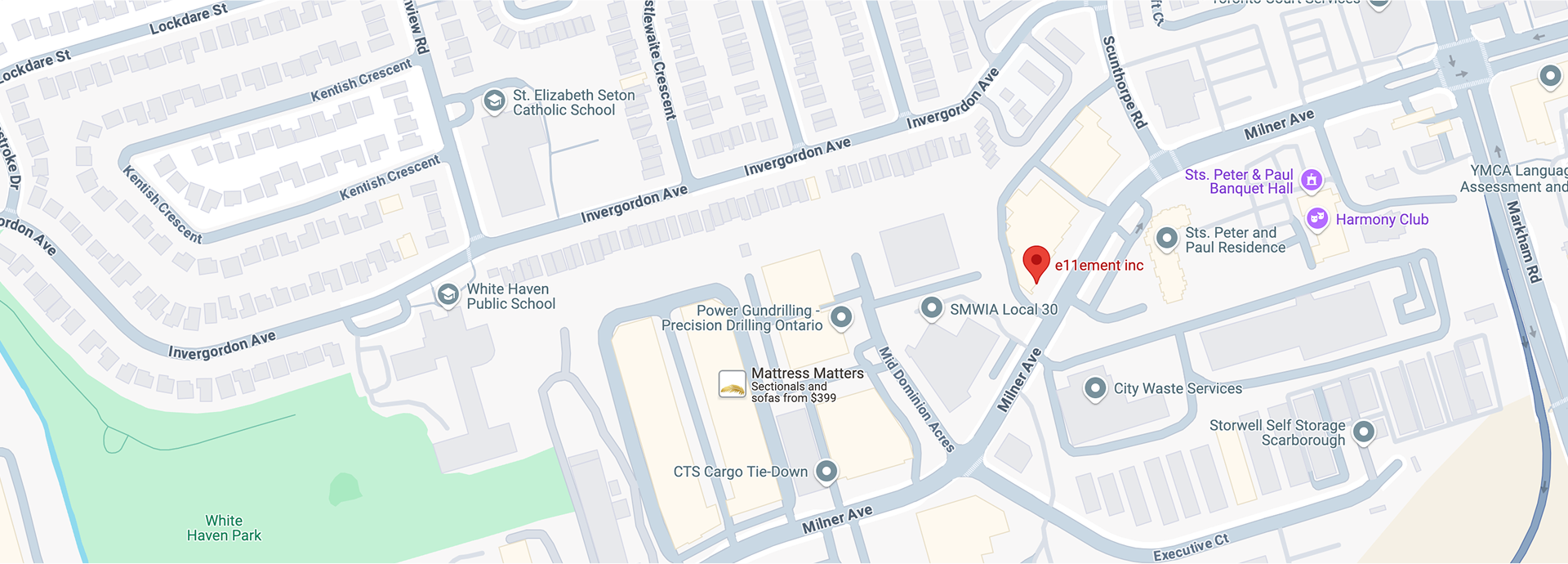Hypochlorous acid (HOCl) is gaining significant attention in the medical and healthcare sectors due to its versatile applications and benefits. As a naturally occurring substance in the human body, HOCl plays a crucial role in the immune response and exhibits potent antimicrobial properties. This article delves into the innovative uses of hypochlorous acid, particularly in healthcare, and explores its potential in other sectors.

The Chemistry and Biology of Hypochlorous Acid
Hypochlorous acid is a weak acid formed when chlorine dissolves in water. It is naturally produced by white blood cells in mammals and plays a pivotal role in the body's defense mechanism against pathogens.
Chemical Properties of Hypochlorous Acid
Hypochlorous acid has a molecular formula of HOCl. It is a powerful oxidizing agent, making it effective against a broad spectrum of microorganisms, including bacteria, viruses, and fungi. Unlike other chlorine-based disinfectants, HOCl is non-toxic and non-irritating to human tissues.
Biological Role of Hypochlorous Acid
In the human body, hypochlorous acid is produced by neutrophils, a type of white blood cell, during the respiratory burst. This process helps in killing pathogens that invade the body, highlighting its importance in immune response.
Applications of Hypochlorous Acid in Healthcare
The unique properties of hypochlorous acid have led to its innovative applications in various healthcare settings.
Disinfection and Sterilization
One of the primary uses of hypochlorous acid is as a disinfectant. It is highly effective in sterilizing medical equipment, surfaces, and even the air. Its broad-spectrum antimicrobial activity ensures the elimination of a wide range of pathogens without harmful residues, making it ideal for hospitals and clinics.
Wound Care and Healing
Hypochlorous acid is increasingly used in wound care due to its gentle yet effective antimicrobial properties. It helps in reducing the microbial load in wounds, promoting faster healing, and preventing infections. HOCl-based wound care products are suitable for various types of wounds, including burns, cuts, and chronic ulcers.
Oral and Eye Care
Hypochlorous acid is also utilized in oral and eye care products. In oral care, it helps in reducing bacteria that cause gum disease and bad breath. In eye care, it is used in products to treat conditions like blepharitis and conjunctivitis due to its ability to eliminate pathogens without causing irritation.
Advantages of Hypochlorous Acid Over Traditional Disinfectants
Hypochlorous acid offers several benefits over traditional disinfectants, making it a preferred choice in many healthcare applications.
Safety and Non-Toxicity
Unlike many conventional disinfectants, hypochlorous acid is non-toxic and safe for use on human tissues. It does not produce harmful fumes or residues, making it safe for patients and healthcare workers.
Broad-Spectrum Efficacy
Hypochlorous acid is effective against a wide range of microorganisms, including resistant strains. This broad-spectrum efficacy ensures comprehensive disinfection and reduces the risk of infections.
Environmental Friendliness
HOCl is environmentally friendly as it breaks down into harmless substances, primarily water and salt. This makes it a sustainable option for disinfection, minimizing environmental impact.
Future Prospects of Hypochlorous Acid in Healthcare
The potential of hypochlorous acid in healthcare continues to grow as research unveils new applications and benefits.
Emerging Applications in Dermatology
Research suggests that hypochlorous acid could play a significant role in dermatology, particularly in treating conditions like acne, eczema, and psoriasis. Its antimicrobial and anti-inflammatory properties make it a promising option for managing these skin conditions.
Role in Infection Control
With the ongoing emphasis on infection control, hypochlorous acid is likely to become a staple in healthcare settings. Its effectiveness against a wide range of pathogens, including those resistant to antibiotics, positions it as a valuable tool in preventing healthcare-associated infections.
Integration in Telemedicine and Home Care
As telemedicine and home care services expand, the use of hypochlorous acid-based products is expected to rise. These products offer convenient and effective solutions for patients managing chronic wounds or requiring regular disinfection at home.























